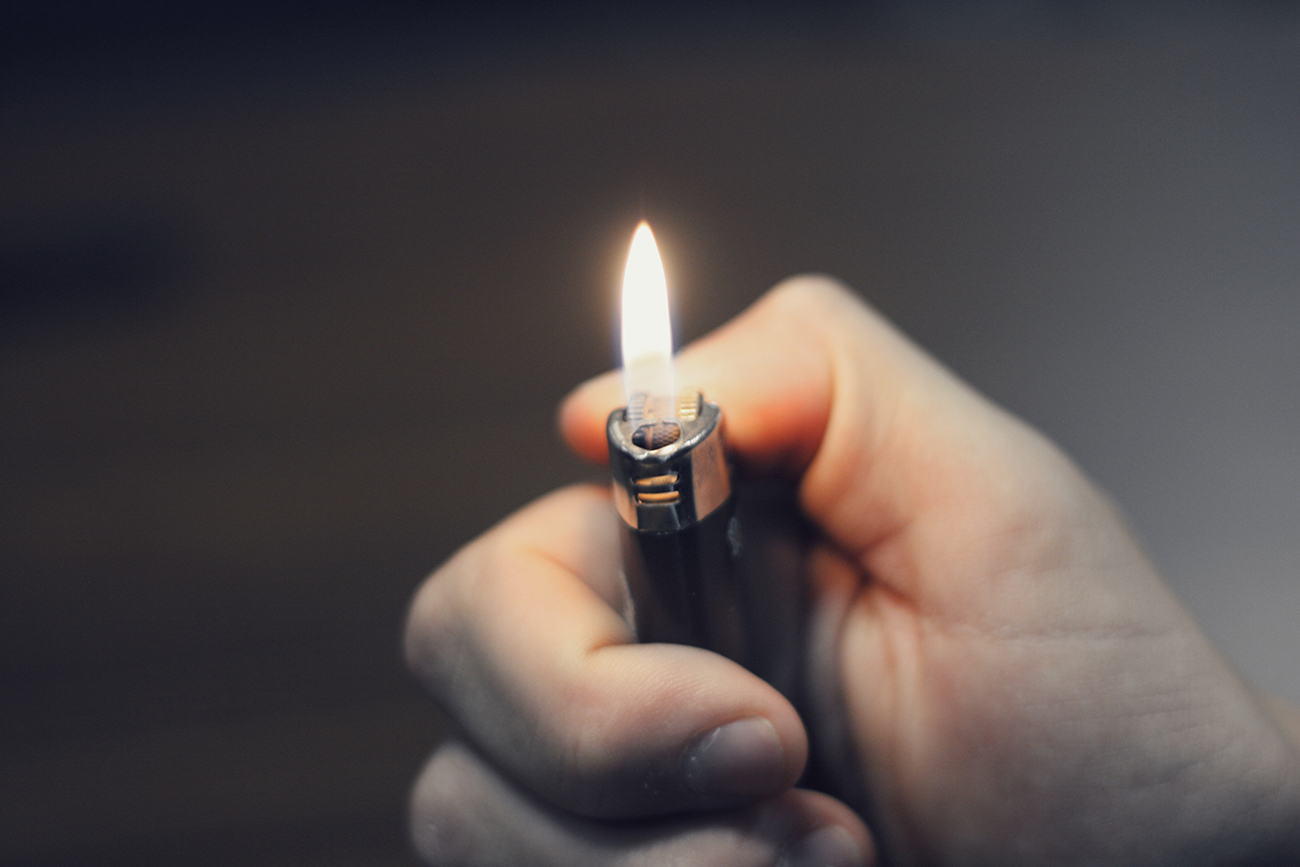Most Recent News


Popular News




I know it’s not easy quitting nicotine. I’ve had first-hand experience. But I guarantee it will be worthwhile.
I started smoking when I was young. It took a lot of years of fighting for me to finally be able to say I’ve kicked the habit.
It’s for this reason I can say that I know it’s not easy quitting nicotine. I’ve had first-hand experience. It’s one hell of a vice to kick.
However, I feel like if you have the ability to stop nicotine, then you have the ability to stop any bad habit. And part of being more independent and secure in your life is being able to tackle these negative habits and defeat them.
That’s why I’m writing this article. It’s not specifically tailored for this website, but I feel it may help the readers that were in my situation before I kicked the habit.

It’s no doubt that the single biggest obstacle you face while trying to stop nicotine is yourself. This is true for most bad habits.
It’s the mindset that “you have to have nicotine” that dominates all else. It’s that feeling that you get anxious at the thought of certain activities without the hit.
Getting the right mindset for me was the following three steps:
These three were very important for my process through quitting. Maybe they will help you. Maybe you’ll find your own ways. Either way, make it a priority to get the right mindset. Especially before you quit. Or you’ll be setting yourself up for failure.
You can’t turn around after you quit and say, “Well, I need it because of X”. Tackle all of those before you try to quit. Figure out whatever you feel you need it for and mentally convince yourself you don’t (Because in reality, you can find alternatives)
Quit.
After you got your mindset right, set a date and stick to it.
Try to avoid any and all influences throughout your life that cause you to think about it. One of my biggest problems was dealing with anger. Whenever I would get angry, I’d immediately want nicotine. So, what I did was find a time when I had no work or college obligations for two days. And those were my starting days. I knew if I confined myself I wouldn’t have any excuse to get mad. Thus, could more easily detract from that trigger-like effect.
Also, take it a day at a time. I would never say, “This is it; I’m done”. Instead, I’d say “One day of no nicotine”. It makes it seem a lot less life-altering and impacting.
Finally, eat. Indulge in your hunger. You’re going to gain some weight, but it’s worth it because you’ll have time to workout now that you don’t have to spend an hour every day using nicotine. I ate a ton when I was quitting. And that was fine. I wanted to do that to distract myself from the cravings.
If you are at all like me, you’ll have trouble sleeping. I had sleeping aids on standby as needed throughout my quitting time. Otherwise, I’d be up all night tossing and turning. I highly recommend that you do the same if you have sleeping problems while quitting, or it’s going to be incredibly harder for you to stay dedicated because you’ll be more irritable and fatigued from the lack of sleep.
Focus on getting to three days. That’s the hardest part. After then, it gets a hell of a lot easier. After three days, the worst of the cravings and anger-related feelings begin to dissipate. It’s largely a downward slope from there.
Secondly, don’t give up if you fail. I failed probably about 15 times over 3 years. But the last time it finally stuck, and I don’t have many urges to ever return to it.
Drink a lot of water, and like I said above; eat a lot. There’s no reason for you to get a healthy diet and quit at the same time. Quit for a week, then focus on diet.
Get to the gym and workout as much as you can. It’s a great stress reliever, and it will help you sleep.
Tell everyone you are quitting. I didn’t do this, but I see it recommended often. It’s good to have that pressure on you while quitting, so you know if you fail everyone else will know too. It will cause you to stick with your plan, or at least conceal if you fail. That concealing will motivate you to quit again and again, as it’s incredibly hard to truly hide an addiction.
If you need it, use a nicotine replacement first. Things such as the gum, patch or lozenge. I have personally tried the cherry lozenge and that helped me a lot. It’s a lot easier to break an addiction from a lozenge than one of the stronger vices, so consider it based on your willpower and length of use.
Find an oral replacement. You’ll want to have something to satisfy the fixation. Something like a carrot, gum, or hard candy are great options.
Remember that every recovery is different. You’ll need to tweak these recommendations, remove some, and add some per your requirements. Not everyone is the same and can quit the same, but everyone can quit.
Quitting nicotine, or any bad habit, can be a hell of a commitment. It won’t be easy, but it will be worthwhile.
You’ll be able to do more, be less dependent on the vice, have more money, and have better health. These positives can’t be overstated; I guarantee a week after your quit you’ll see it so much more clearly. I sure did.
Make sure when quitting you get the right mindset first, then set a date. Utilize all sorts of alternatives and distractions to your benefit during your recovery. Find the main things that cause you to want to relapse and develop a plan to target them. And most of all try not to think about it as final, focus on one day at a time.
Before we go, here are two great resources to help you quit:
Good luck on your quit.
(Learn More About The Dominion Newsletter Here)